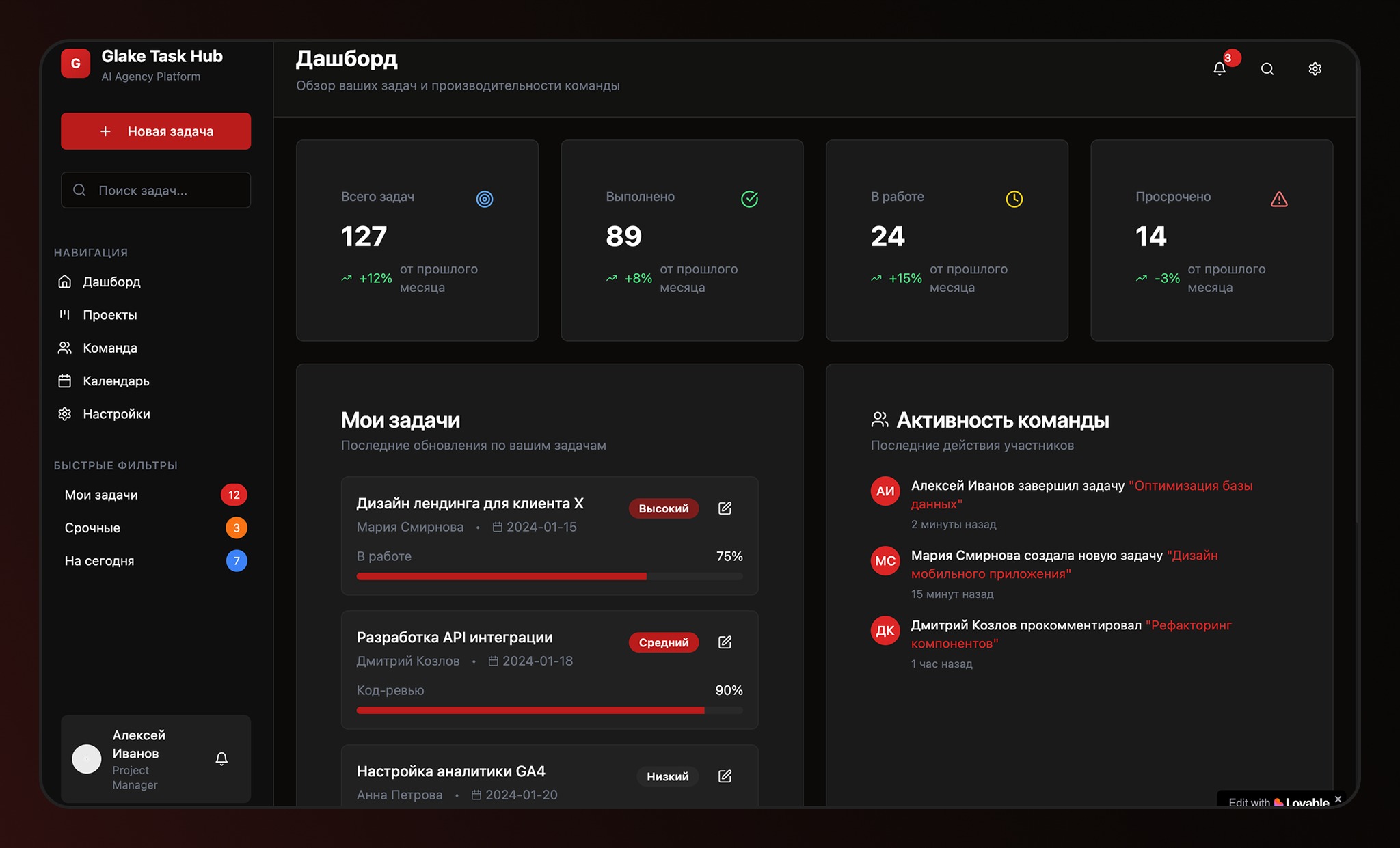From July 25, 2024, changes to the law on the national payment system will come into force, according to which banks will have to return stolen money to customers within 30 days. The aim of the changes is to influence the low level of recovery of stolen funds.
“The main goal of the law developed with the participation of the Bank of Russia is to combat the theft of funds, including the use of social engineering techniques and methods,” a representative of the Central Bank told RBC.
The main innovation is that the bank is obliged to return the full amount of stolen funds within 30 days after receiving a request from an individual client. if a transfer was made to a fraudulent accountwhich is found in the Central Bank database “On cases and attempts to transfer funds without the client’s consent”.
The regulator compiles this database based on data received from banks and other payment system operators and transmits the information to credit institutions.
In addition, the bank must return the funds to the victim within the same period, if you have not sent him a transfer noticewhich was committed without the client’s consent.
If the customer has lost the card or it has been used without their consent, then the credit institution must return the money spent, provided that the victim of the criminals has notified the bank. To return a cross-border transfer, the period increases to 60 days.
However, if the customer did not report the loss of the card, the bank is not obliged to refund the funds.
In addition, bank representatives may block a transfer to a suspicious account and notify customers about this. During this time, the cardholder may confirm the transfer or refuse to make it.
Next change: if information is received from the Ministry of the Interior If the client is dedicated to withdrawing and collecting stolen money, the bank may deactivate their access to the remote service.
According to the Central Bank, in the third quarter of 2023 alone, fraudsters stole 3.6 billion rubles from clients of Russian banks, of which only 5.5% of the funds were returned to the victims.
The reason for such a low return rate is the attackers’ use of social engineering. That is, the victims themselves, under psychological influence, transfer money to the scammers. In such cases, banks are not legally required to return the funds.
The RBC interlocutor believes that the amendments to the law will encourage banks to improve the quality of their anti-fraud systems and increase the financial responsibility of banks. After all, starting in July, if a bank allows a transfer to a fraudulent site from the Central Bank database, it will have to fully reimburse the client for the stolen money.
Author:
Akhmed Sadulayev
Source: RB
I am a professional journalist and content creator with extensive experience writing for news websites. I currently work as an author at Gadget Onus, where I specialize in covering hot news topics. My written pieces have been published on some of the biggest media outlets around the world, including The Guardian and BBC News.










